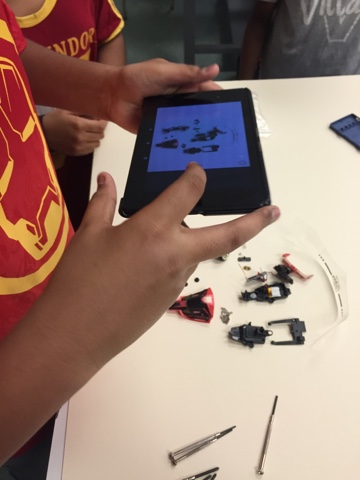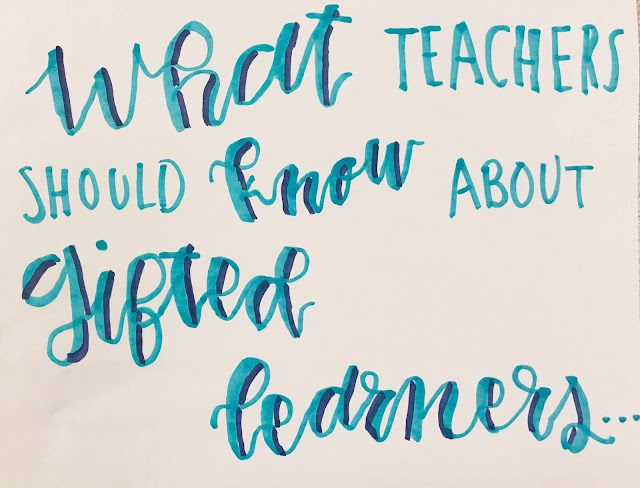Program registration will take place during the lunches this week in the Commons. Students will select the research path that is appropriate for their interests and strengths. Both attendance and positive participation are mandatory or a student revolves out of PRISM for the year. *A check for the program can be brought in before 10/15/15.*
Participants in Community Middle School’s PRISM program confirm that they will fulfill the responsibilities for participation for the 2015-2016 school year:
- Attend all PRISM sessions (unless prior arrangements have been made with Dr. McLelland-Crawley for an excused absence for ONE session or have an EXCUSED absence from school that day).
- Meet all deadlines set forth for submitting work to Dr. McLelland-Crawley. No late submissions will be accepted.
- Meet deadlines and requirements set forth by the program in which I am participating (FPS, Scenario Writing, NHD, Inquiry Project, Maker Ambassadors).
- Meet responsibilities as a team member, including attending all team meetings and completing assignments as specified by the team, as applicable.
- Act in a positive manner that exemplifies the 21st century competencies and submit work original work of his/her own research and analysis.
6th grader may select ONE research path.
7th and 8th graders may select up to TWO research paths.
Any student may also register for Scenario Writing in addition to their research option. Additional registration fees must be paid for each program you are enrolling in this year. The fee is $40 for each research track. Checks must be made out to Community Middle School.
The undersigned student understands that (s)he is responsible for fulfilling these responsibilities; (s)he must meet these requirements herself/himself without outside assistance.
REMINDERS ABOUT PRISM PROGRAMS:
*All PRISM programs are school year long.
*The cost for participation in each program is $40/student to offset any registration fees or program resources. If the student advances to a state, national or international competition to represent Community MS or the state of New Jersey, additional fees apply.
Products being produced for each program:
Future Problem Solving (FPS 6-8th grade):
*Student teams participate in online competitions against other school teams across New Jersey, with the top teams for each school receiving an invitation to compete at the NJ State Bowl at Kean University in March. The top two New Jersey teams at the State Bowl advance to the International Competition at Michigan State University.
*This program meets on Mondays and Tuesdays.
Scenario Writing (6th-8th grade)
*Scenario Writers produce a short story individually on any topic related to the themes of FPSPI in the current year. Students work on their product independently of the PRISM enrichment programs are typically meet 1-2 times per month for review and editing.
National History Day (NHD 7th and 8th grade only):
*Students research a topic of their choice that fits with the theme, “Leaders and Legacy,” as long as that topic has some "history" to consider.
*Students can compete in groups or as individuals in the areas of exhibit, performance, documentary, or website. Individuals may also write a paper.
*Students compete at the Regional Competition held in March; those who qualify are invited to compete at the New Jersey History Day competition the first Saturday in May. Students who place 1st or 2nd in their category are invited to compete at the National History Day competition June at the University of Maryland (note that this overlaps with our 8th grade Salute and WW-P high school graduation).
*This program meets on Wednesdays and Thursdays.
Inquiry Project : (any grade)
*This research program allows students to pursue research in ANY topic of their choice. It culminates in May with a stand-up presentation at an exposition and judged by an authentic audience. This program will typically meet on Wednesdays and Thursdays.
Maker Ambassadors: (any grade)
Students work with elementary student proteges to complete creative engineering tasks through the development of different designs and inventions. The group meets on Fridays during FLEX. Students are required to maintain a blog regarding their learning experiences and maintain communication with their assigned class at Millstone River Elementary School. The program allows students to become ambassadors of the maker mindset and they host workshops not only for other students, but for teachers as well. We also strive to solve local scientific problems by applying design thinking and engineering to environmental issues. As citizen scientists, the students work with mentors from Rutgers University to design an action research project.








































































